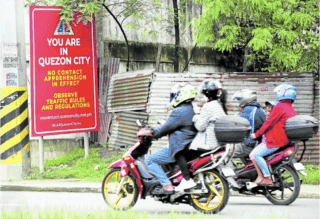A big boost to rice production in Asia may be expected as international funding for agricultural research doubled to $1 billion over the past five years, according to the Consultative Group on International Agricultural Research (CGIAR).
CGIAR, the scientific consortium that includes the International Rice Research (IRRI) based in Laguna, said in a statement that such increase in investments could lift 150 million people in Asia out of poverty and reduce the number of undernourished people in the region by 62 million.
Also, it said that 12 million African households might be provided with sustainable irrigation, 1.7 million hectares of forest might be saved from destruction and 50 million poor people could be given access to highly nutritious food crops.
CGIAR works with hundreds of partners to develop solutions, tools and technologies for the benefit of the world’s poorest people.
“The $1 billion in funding will help finance CGIAR’s 16 global research programs and accelerate the development of scientific, policy and technological advances needed to overcome complex challenges such as climate change, water scarcity, land degradation, and chronic malnutrition,” said Frank Rijsberman, chief executive of the CGIAR Consortium.
According to the CGIAR, its rice research programs are expected to result in an increase by 2035, of farmers’ yields and lower prices for poor consumers.
Also, the CGIAR expects that by 2018, 50 million people will have access to staple food crops specifically produced to be rich in key vitamins and minerals such as iron, zinc or vitamin A.




